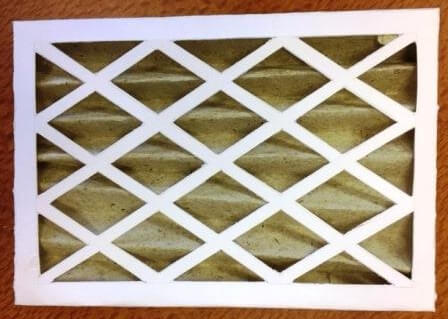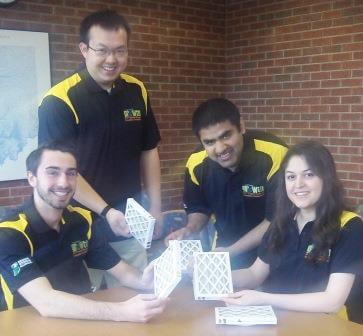Winners spill the beans on their success
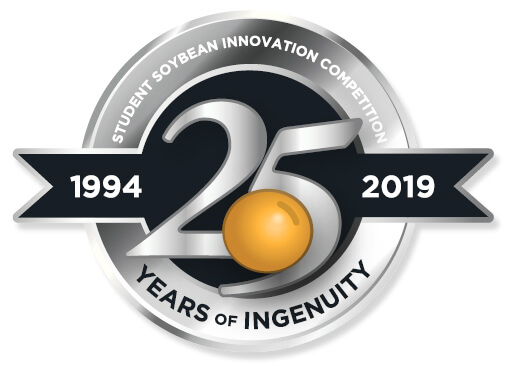
Addressing students whose shoes she stood in 25 years ago, Jocelyn Wong observed, “It is so important, this idea of innovation and innovative thinking because today we need that more than ever. We need your ideas, your passion, and your creativity to change the conversation. To help us solve problems and bring people together.”
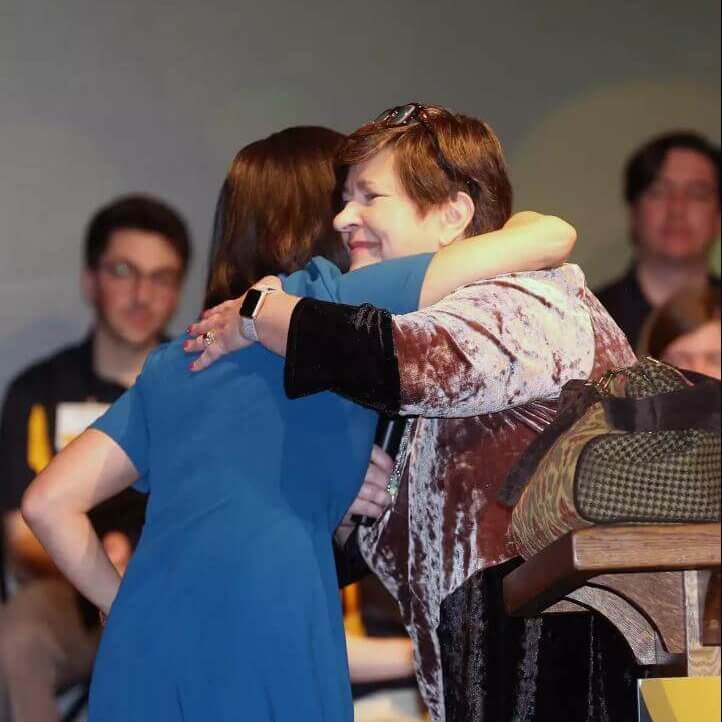
Wong, who was on the team that invented soy-based crayons that won first place in the inaugural Purdue Student Soybean Innovation Competition, witnessed that potential first-hand at the 2019 competition awards dinner.
The Purdue Student Soybean Innovation Competition provides inventors and entrepreneurs the opportunity to create diverse uses for soybeans and their byproducts. The Indiana Soybean Alliance partnered with Purdue University beginning in 1994 to establish the competition to encourage the use of soybeans as a natural, renewable resource in industrial products.
In 2018, soybean yields broke records for Indiana and several other states. Further inflating domestic supply, tariffs restricted the export market. The surplus makes these award-winning innovations more valuable than ever.
Crayons bring color to a black-and-white world
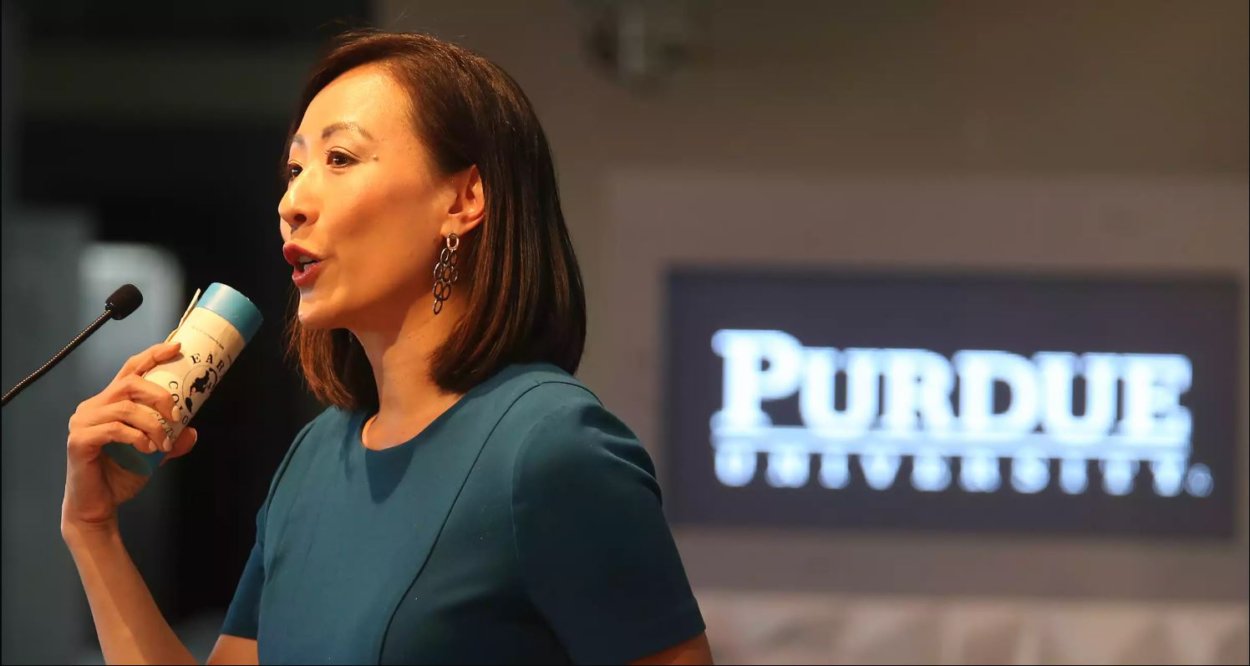
Wong, who graduated with a degree in agricultural and biological engineering, returned to give the keynote address at this year’s award ceremony. Now serving as the chief marketing officer at Lowe’s, Wong shared how the experience paved her road to success.
Wong, the eldest of three daughters, immigrated to the United States from Hong Kong at a young age. “Pretty much every aspect of my life, who I am today, what has shaped me, what has driven me, has been driven by those two facts,” shared Wong in her speech.
Wong worked hard to meet high expectations. Still, college life was not an easy transition for her. A short time before the competition, Wong was donating plasma twice a week to help pay the rent. A professor encouraged Wong to join the competition, and she quickly found the experience inspiring. “Through the process, I became so motivated. It was like a different part of me was coming out.”
Concurrently, crayons manufactured in China had been found to contain lead. Wong and her teammates decided to see if soybeans could provide an alternative. Their product, soybean-based crayons, won the competition. The team licensed the technology, which lives on as Prang crayons.
A breath of fresh air
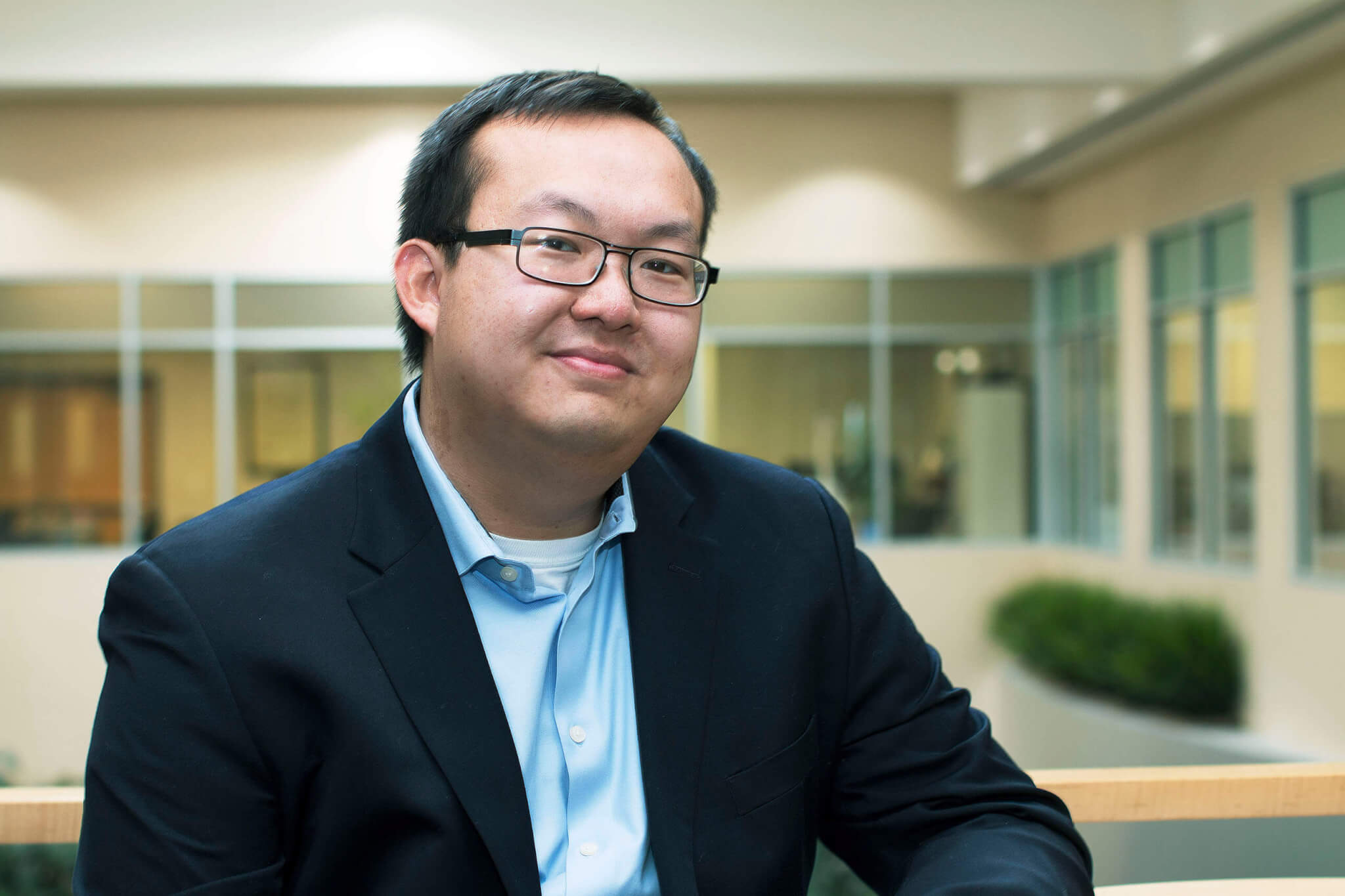
The Soybean Innovation Competition has regularly launched successful products over the past 25 years. Andrew Huang entered the 2016-2017 competition with three other agricultural and biological engineering students: Sushant Mehan, Samaneh Saadat and Anderson Smith. The team took first place with FiltraSoy, a soy-based heating, ventilation and air conditioning (HVAC) filter. The air filter was composed of renewable and biodegradable resources, one of several advantages it held over its competition on the market. Testing revealed that FiltraSoy was roughly 15 percent more effective than high-efficiency HVAC filters. It also boasted a production cost approximately one-fifth of other filters.
Huang successfully pitched FiltraSoy to Ag-Celerator, a fund that supports innovators of plant sciences at Purdue. The $55,000 Huang received helped him found Ongenia LLC to commercialize the technology and license it through the Purdue Research Foundation’s Office of Technology Commercialization. Currently, Huang is working to sublicense the filter in partnership with an established air ventilation company.
Innovation in conservation
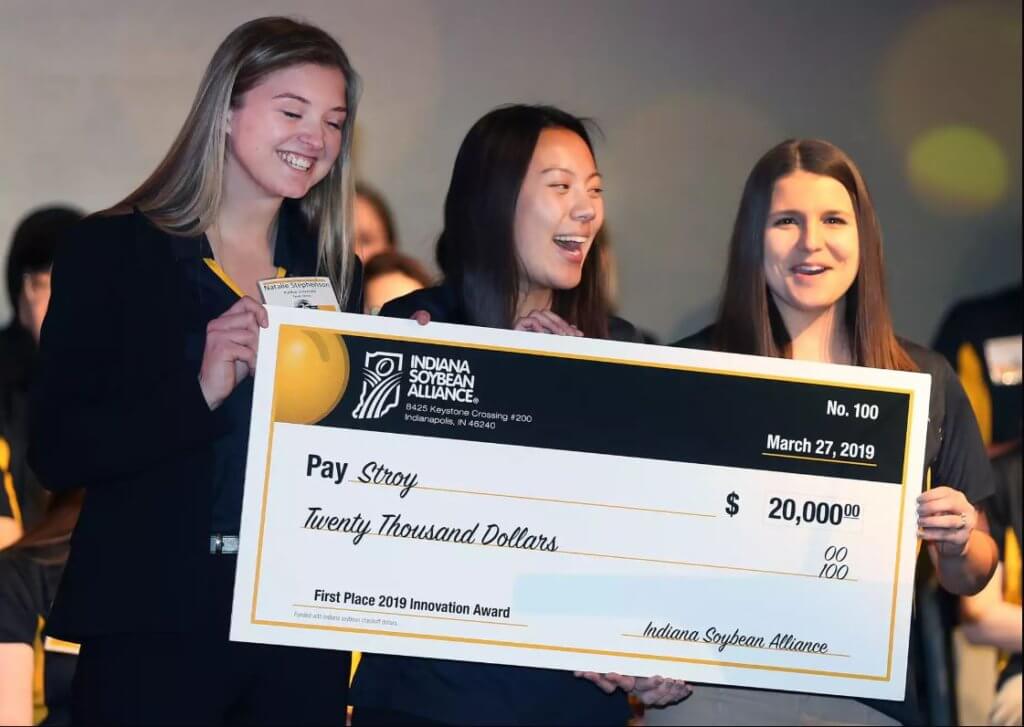
This year, Morgan Malm, Natalie Stephenson, and Ruth Zhong won the Purdue Student Soybean Innovation Competition with Stroy, a soy-based drinking straw. Inspired by recent legislation and conservation efforts to decrease the use of plastic straws, Team Stroy decided to create an alternative. Stephenson and Zhong were sold on the idea but needed the expertise that Malm brought to the group.
Malm, who works on Food Science Professor Jozef Kokini’s team, is currently pursuing a doctoral degree. “Morgan is a very creative and practical-minded student who has a canny ability to get the most challenging tasks done,” said Kokini. “She is also a great team player.”
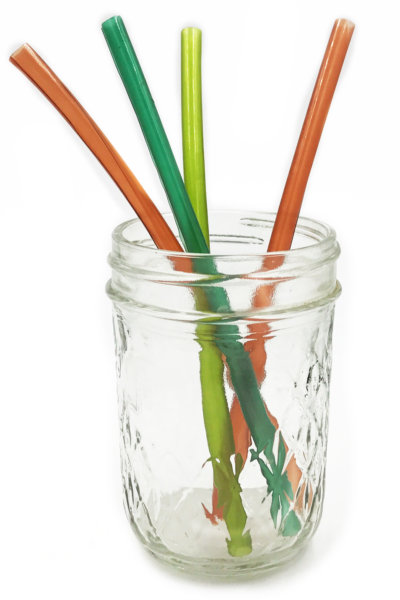
“Our lab does research making films out of corn protein,” explained Malm. “We translated that information into making soy films. Our team structured them into a drinking straw, using a hydrophobic (water-repelling) coating.”
Malm said the Stroy has advantages over paper straws. “Sometimes you can’t even get a paper straw to last long enough to finish your drink. The Stroy will last up to five hours in sodas. It lasts about one hour in cold water and hot coffee.” The Stroy can be flavored if desired, and also comes in larger sizes to accommodate specialty drinks, like bubble tea.
After the award ceremony, Wong described the Stroy as a great idea, seeing it as responding to a need similar to the soy-based crayons 25 years ago. From experience, she understands what Team Stroy and Huang need to do to realize the full potential of their products. "I think the difference between creativity and innovation is execution," said Wong. "Great innovators execute those ideas."

